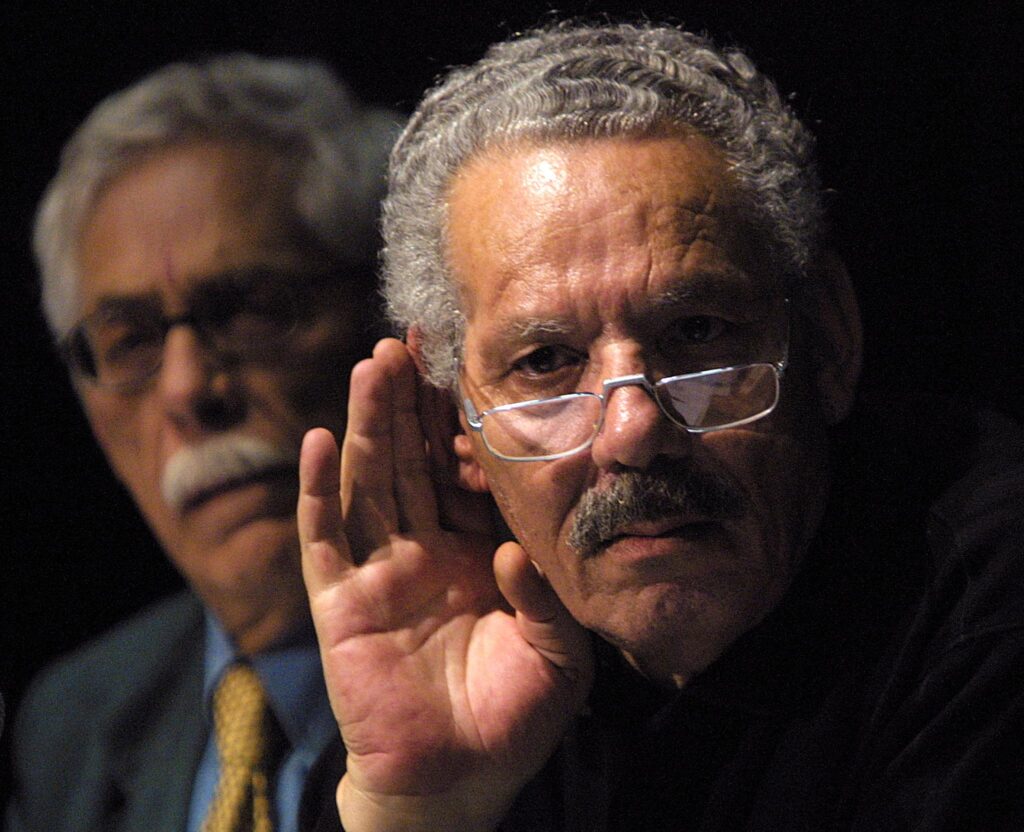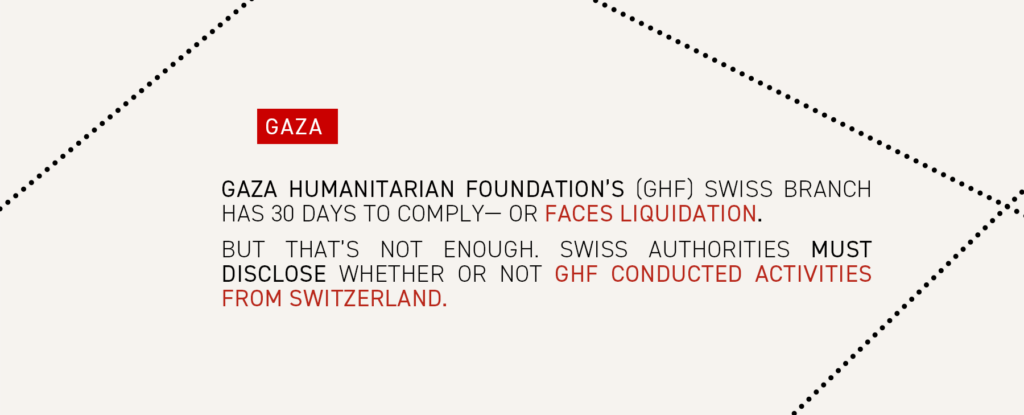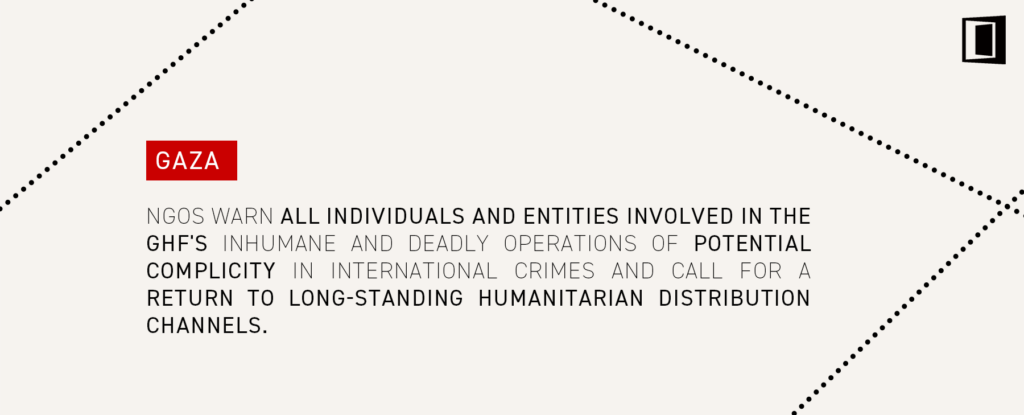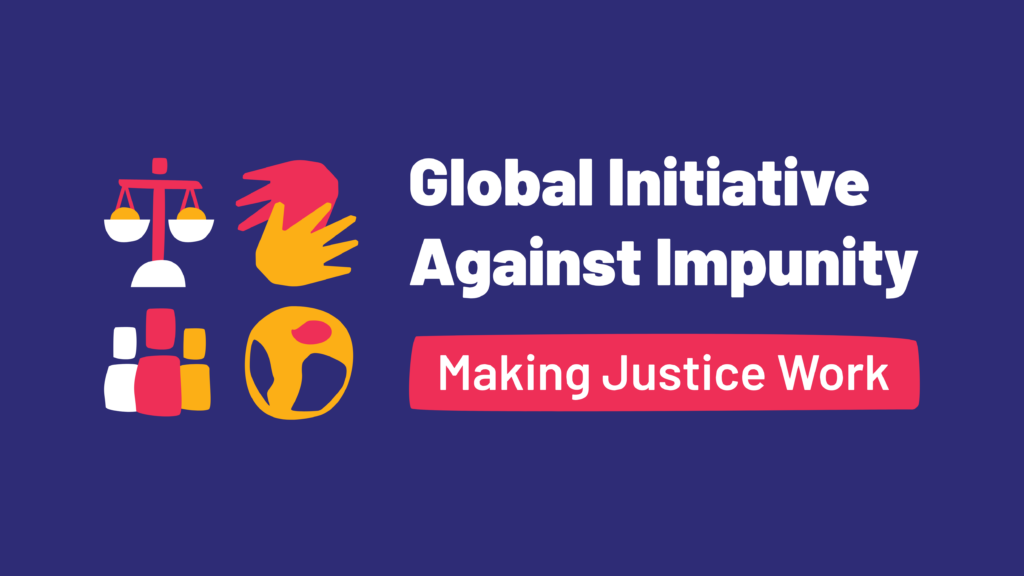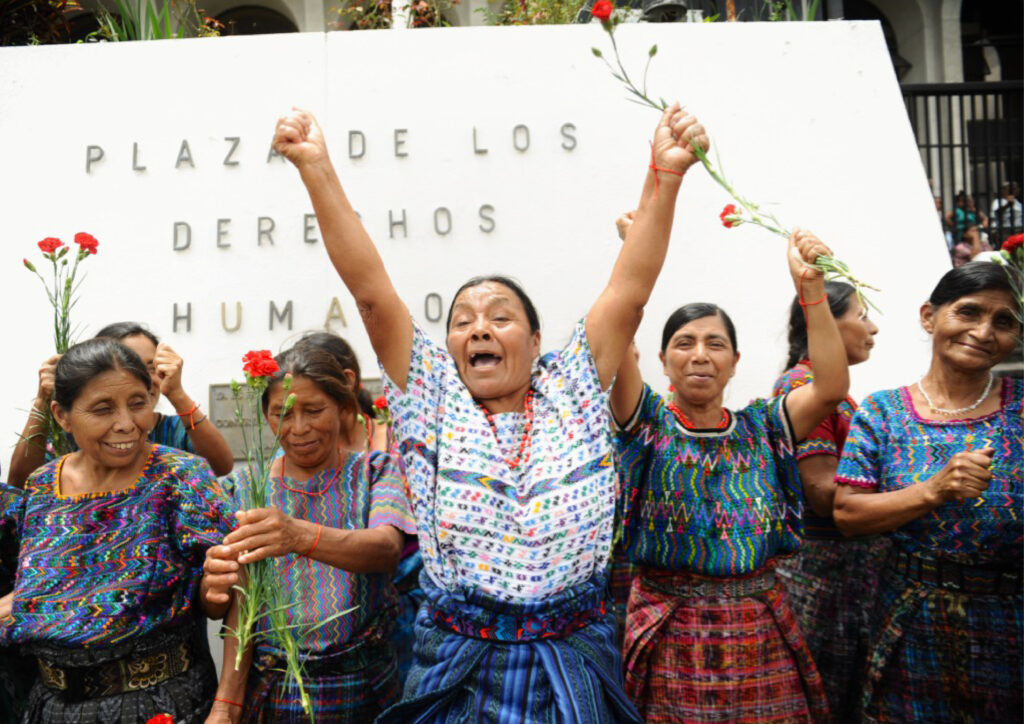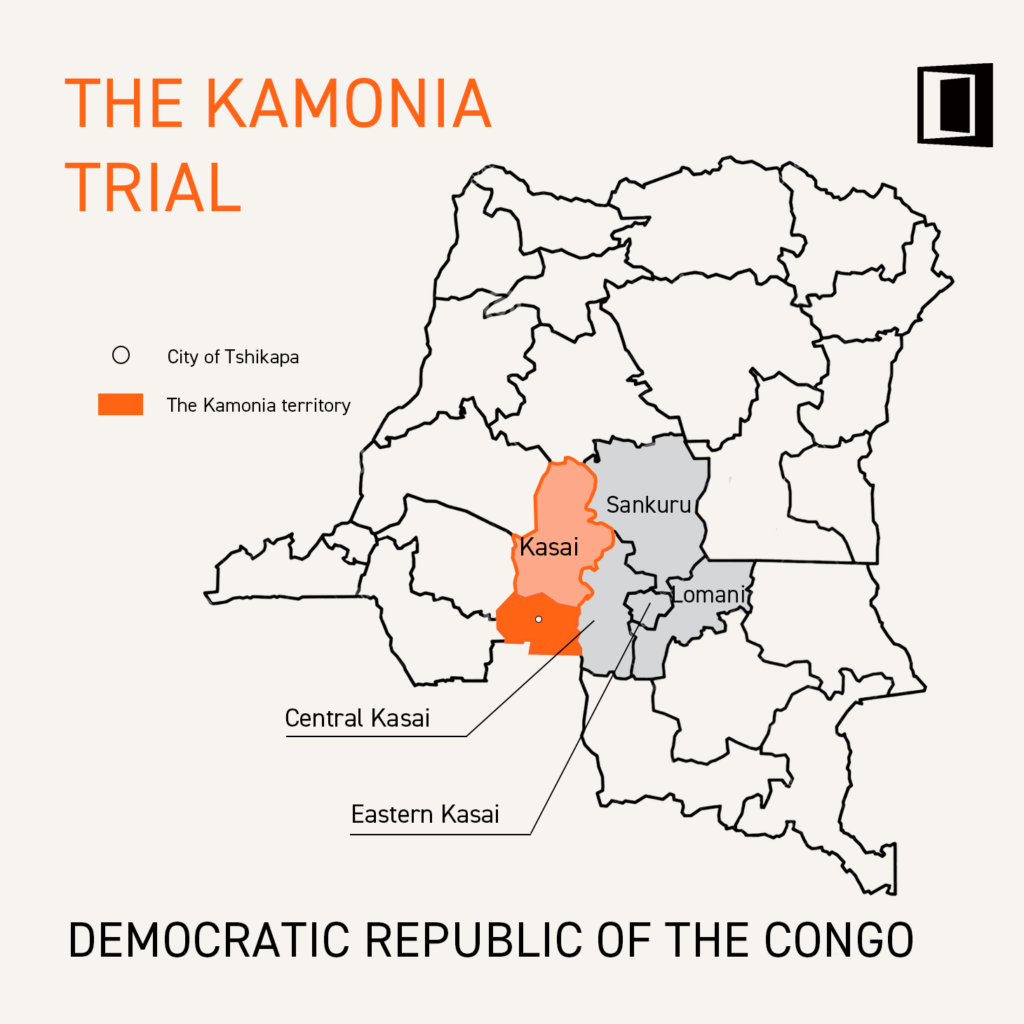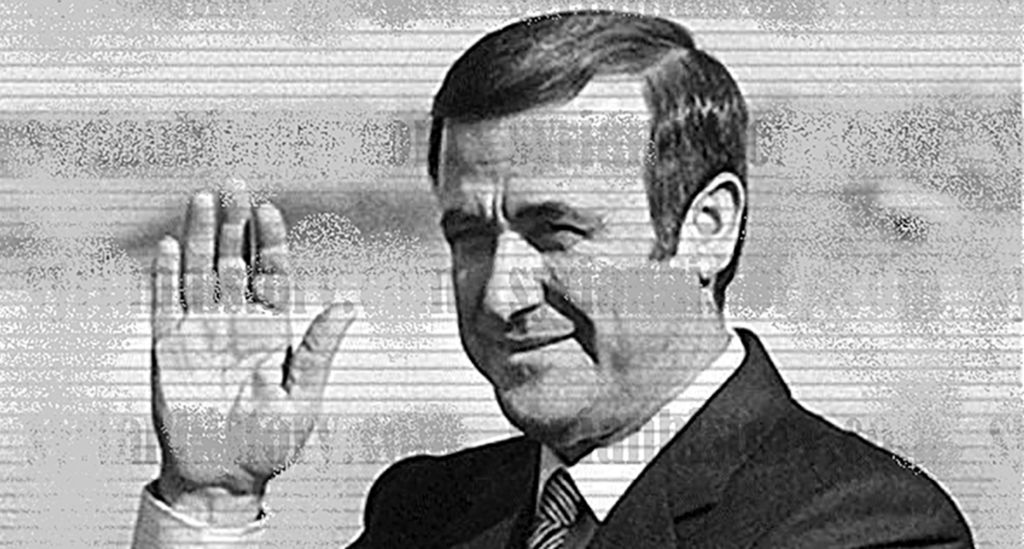TRIAL International before the UN Security Council
On 5 November 2019, TRIAL International had the opportunity to address the United Nations Security Council regarding the situation in Bosnia and Herzegovina—a rare privilege for a civil society organization. Through the voice of its Head of Program in Sarajevo, TRIAL International gave a nuanced picture of the progress made in the field of justice for wartime victims in the country.
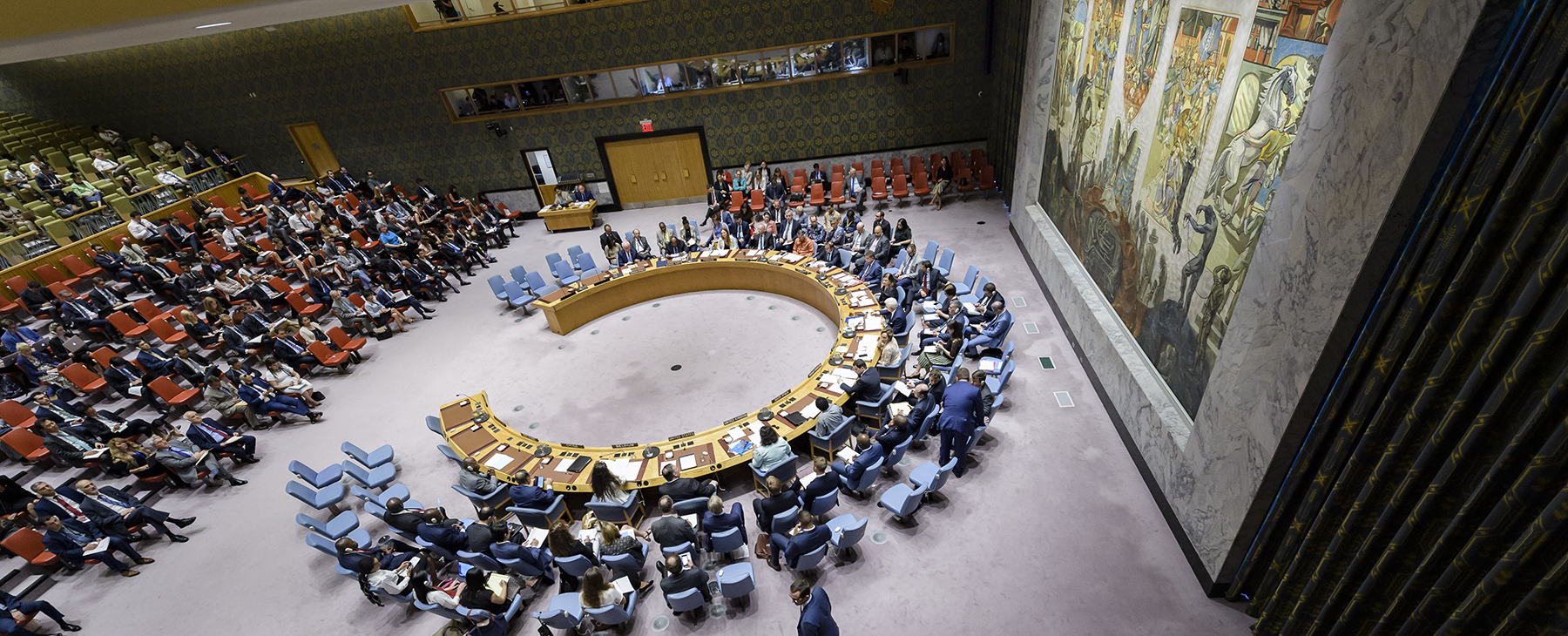
“Where does Bosnia and Herzegovina stand today when it comes to dealing with the past?”, asked Selma Korjenić, Head of the Bosnia and Herzegovina Program at TRIAL International, as her opening remark. “For the average tourist coming for a short visit, we are a country of great natural beauty with a rich cultural heritage (…) But, we are also a country where some of the worst atrocities in Europe happened since the Second World War. We are a country where everyday life is profoundly affected by the war, which ended 24 years ago. We are a country still carrying a heavy burden from the past.”
With these words, TRIAL International wanted to share its vision of the situation in Bosnia and Herzegovina as regards justice and reconciliation. The Security Council’s invitation is a recognition of the long-term work done on the ground with survivors. On account of its presence alongside war victims for the last 12 years, the organization is in a prime position to not only notice improvements but also identify challenges that the country must still face.
Historical denial creeps into the public sphere
As is the case of so many other countries, Bosnia and Herzegovina is experiencing a rise in nationalistic rhetoric. TRIAL International raised concerns about the denial of war crimes and genocide in the public sphere, which occurred frequently when the victims of these crimes were of the opposite side during the war.
Moreover, public spaces are named after war criminals, the portraits of some are held up during demonstrations and political rallies, and others still are glorified in textbooks. Some even exercise official functions, such as the war criminal who was convicted and then elected mayor of a town in the west of Bosnia and Herzegovina. As for the authorities, they seem in no rush to put and end to the historical denial. In the words of Selma Korjenić: “Three generations have now tasted the poison of hatred. Very little is done to prevent the same fate happening to the next.”
TRIAL International took this opportunity to call on the United Nations to demand compliance with court decisions, regardless of whether the courts are national or international, in order to ensure that denial of war crimes is banned and that reparations for victims are more than empty words. However, the organization also sent a message of hope regarding the capacity of the civil society in Bosnia and Herzegovina to build bridges across the divides created by the war.
Read the full speech by Selma Korjenić before the Security Council

